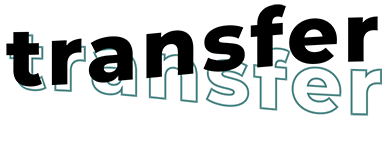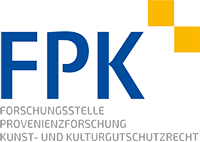Fostering Capaciousness in the Provenance Research Profile through Extensible Stages and Strategies
Identifier (Artikel)
Abstract
Provenance research provides the solid foundation necessary for museums and archives to organize public-facing activities, such as exhibitions and interactive virtual platforms, with the heritage objects in their care. Institutions that have launched provenance research programs over the last two decades take pride in every new addition of information to their descriptive access points including item records, gallery labels, and collection-level catalogs. Yet as ever more institutions respond to provenance research needs and prospects, incumbent provenance researchers still encounter a highly localized milieu of subject-specific resources that may or may not map onto their scope of work and certainly lack attention to new trainee concerns, time-based project management, and clear goals for communicating provenance information. Drawn from a three-year ethnographic research study into provenance research methods that work in practice, this paper introduces the idea of extensible ‘stages’ for provenance research. Identifying key activities found implicitly in guidebooks today and supplementing them with three holistic strategies in use by provenance researchers in their professional capacities – expert collaboration, levels of provenance information, and narrative composition – the paper contributes a new people-centered view on provenance researching for transparent humanized storytelling.
Keywords: Collections workflow; provenance baselines; storyboarding; modular activity planning; task decomposition
Statistiken

Lizenz

Dieses Werk steht unter der Lizenz Creative Commons Namensnennung - Weitergabe unter gleichen Bedingungen 4.0 International.







